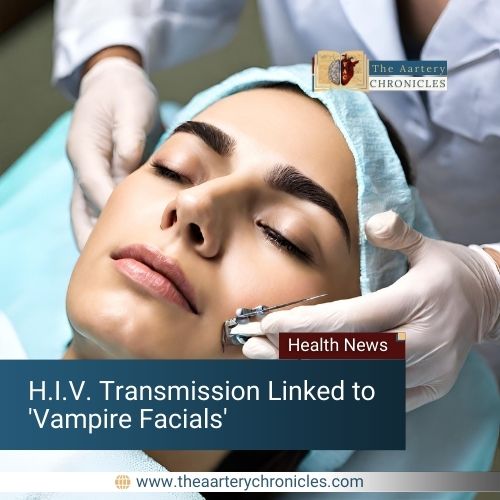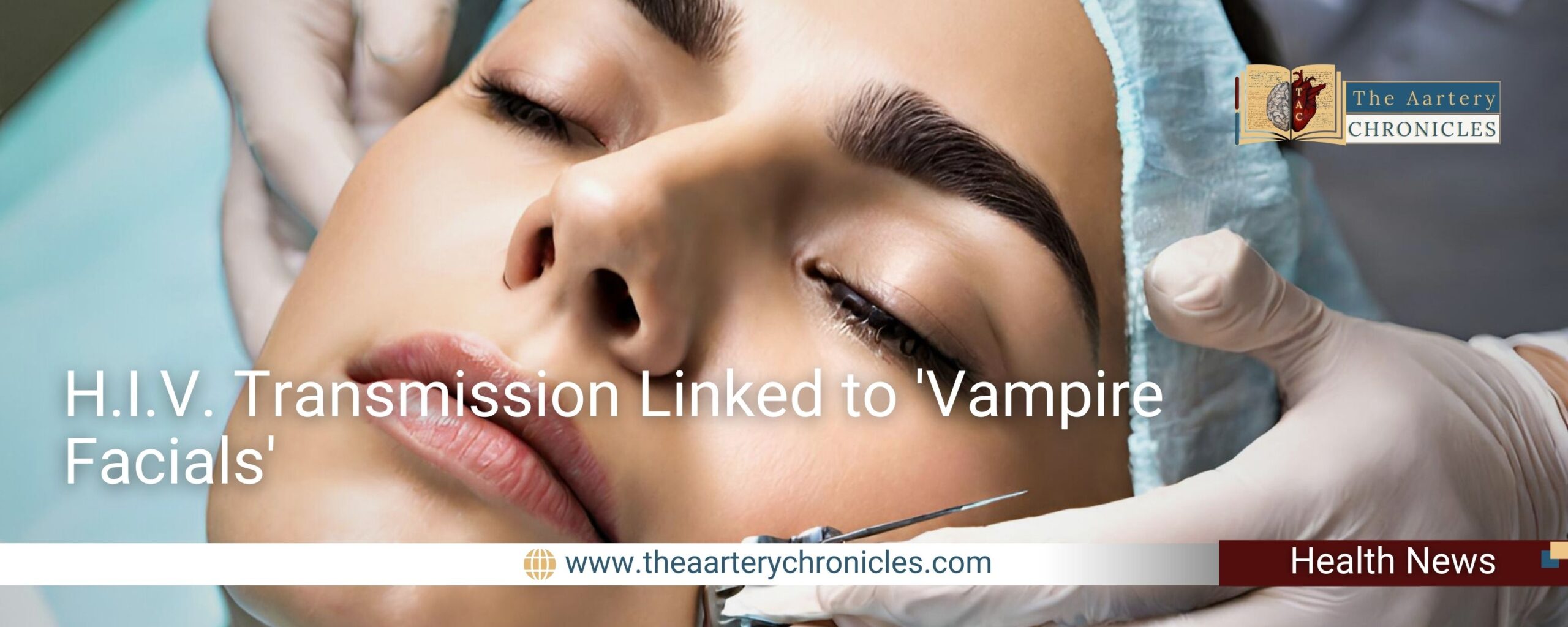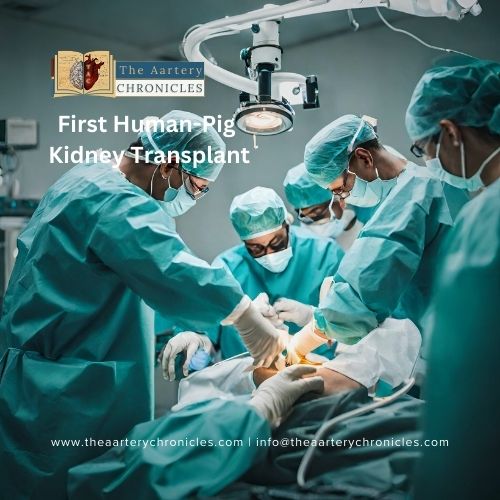

Health Crisis: H.I.V. Transmission Linked to 'Vampire Facials
The emergence of a concerning trend
Several women contracted H.I.V. after undergoing “vampire facial” procedures at an unlicensed spa in Albuquerque, according to federal officials. This is the first known incidence of H.I.V. transmission via cosmetic injection. Out of five individuals with closely related H.I.V. strains, four had received platelet-rich plasma micro needling at the spa, while the fifth person, a man, had a sexual relationship with one of the women.
Investigation and Findings
Authorities have not pinpointed the exact source of contamination. The investigation began in 2018 when a woman, who claimed no behavioral risk factors, tested positive for H.I.V. after receiving a platelet-rich plasma microneedling facial at the spa.
During an inspection, the spa was found to have unlabeled blood tubes on a kitchen counter and stored with food, along with unwrapped syringes in various places, indicating the potential reuse of disposable equipment intended for single use.
Additionally, health officials are investigating cases related to counterfeit or improperly injected Botox containing high levels of the botulinum toxin.
Importance of regulation and licensing
Anna M. Stadelman-Behar, an epidemiologist with the C.D.C., emphasized the importance of ensuring providers are licensed for cosmetic injection services, as licensed professionals are trained in infection control and must follow proper procedures by law.
The “vampire facials” involve drawing a patient’s blood, separating platelet-rich plasma, and using fine needles to puncture the skin, aiming to stimulate collagen production and aid in skin repair.
The New Mexico Department of Health initiated an investigation after the first H.I.V. case was reported in 2018, identifying additional cases among former clients and a sexual partner between 2018 and 2023.
Efforts to notify potentially affected individuals were complicated due to the spa’s inadequate record-keeping. Despite this, investigators managed to contact 198 former clients and their partners for H.I.V. testing.
While the exact contamination route at the spa remains unknown, findings indicated the reuse of needles and blood specimens, stressing the importance of proper labeling and licensing for such procedures.
Source: Inputs from various media Sources





